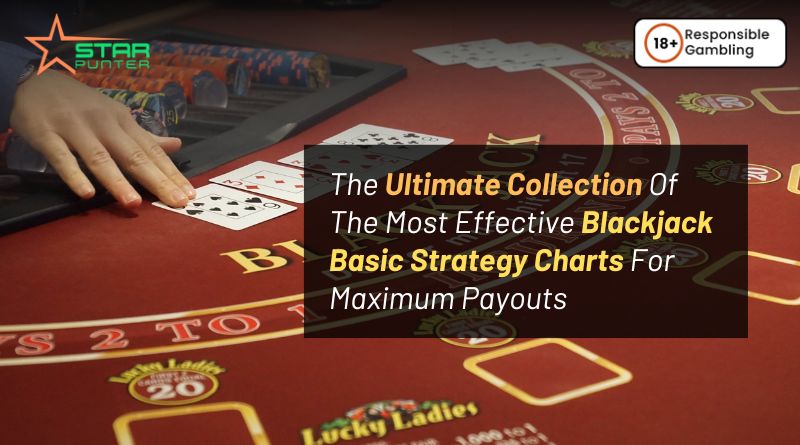Poker is a classic card game. The magic of this game is to engage players all over the world for centuries. Players should understand the basicity of the game. This game is an evaluation of strategy, skill, and luck. In this game, players compete against one another. Betting on their skill rather than competing with their opponent’s imaginary perceptive image. Finally, Luck plays a role in the initial card deal. Player’s long-term success is determined by their strategic decision-making, reading abilities, and betting strategies.
Understanding the Fundamentals of Poker
How can we understand the fundamentals of the game? The first thing is to understand the basics of the game fundamental to its core. Poker is a combination of many techniques including– skills, luck, and strategy. Before delving into the more complex aspects, it is critical to understand the rules and gameplay. Poker is a game of partial knowledge in which players wager on how valuable their hand is in comparison to their opponents’ hands. Each player is dealt several private cards (known as “hole cards”), and a set of public cards, known as “community cards,” are dealt face up in the center of the table.
Texas Hold’em, the most popular variant, is played with two hole cards and five community cards. In four betting rounds, players try to form the best five-card combination: pre-flop, flop, turn, and river. These rounds are where the elements of luck and skill come together. The first card deal is mostly dependent on chance. Each player has no control over their cards, and the chances of receiving a specific hand are determined by chance. Nonetheless, a player’s ability to control their hand can significantly influence the result of the game, adding a level of skill.
The rules and number of holes and community cards in various poker variations like– Omaha, Seven-Card Stud, and others. This provides a variety of game dynamics. For example, in Omaha, players are dealt four-hole cards. But they can only combine two of them to make their final hand. The extra cards raise the complexity and number of possible combinations. This increases the importance of skill in guessing the hands of opponents.
The fundamentals of poker strategy allow for both elements of skill (strategic play and decision-making) and luck (the dealt cards). Even though they are governed by specific rules. These components form the basis of the game of poker. This combines skill, luck, and strategy.
Dissecting the skill element in poker
In poker, a player can have a strategize based on winning and losing aspects. Remember, the way you play can vary at times. Therefore, a player’s strategy is often the product of thought-out and strategic planning. Bluffing is one such strategy in the game of poker. A skilled bluffer can persuade their opponents about the strength or weakness of their hand. It influences their betting decisions. For example, a player with a weak hand could bluff by placing large bets. He often deceives other players into believing they have strong hands and pressuring them to fold. An experienced player with a strong hand, on the other hand, may bluff by betting a small amount and attracting more players.
Another important skill in poker is the ability to read opponents. Competent players are skilled at identifying minute “tells” or behavioral shifts. This reveals a lot about an opponent’s hand strength. A player’s posture, facial expressions, betting patterns, and conversation— are useful information. Daniel Negreanu is a professional poker player– known for his remarkable ability to accurately predict an opponent’s hands. Finally, he frequently attributes his success to his keen reading abilities.
Let’s jump into another skill to have the ability to read opponents.
A sound betting strategy is also essential in Poker. Choosing when to raise, fold, call, or wager are crucial factor. This can lead to the difference between losing and winning chips. There are strategies to learn the depth of the game based on the strength of their hand, the actions of their opponents, and their position at the table. Skilled players know when to be aggressive and conservative. Managing one’s bankroll is yet another crucial poker player skill. Further, to enhance more smart strategies is to Know how much to bet on a given hand and the potential for loss is critical to long-term success. Betting can be unpredictable as their entire bankroll on a single hand can result in a big win. This also leads players at risk of losing everything.












